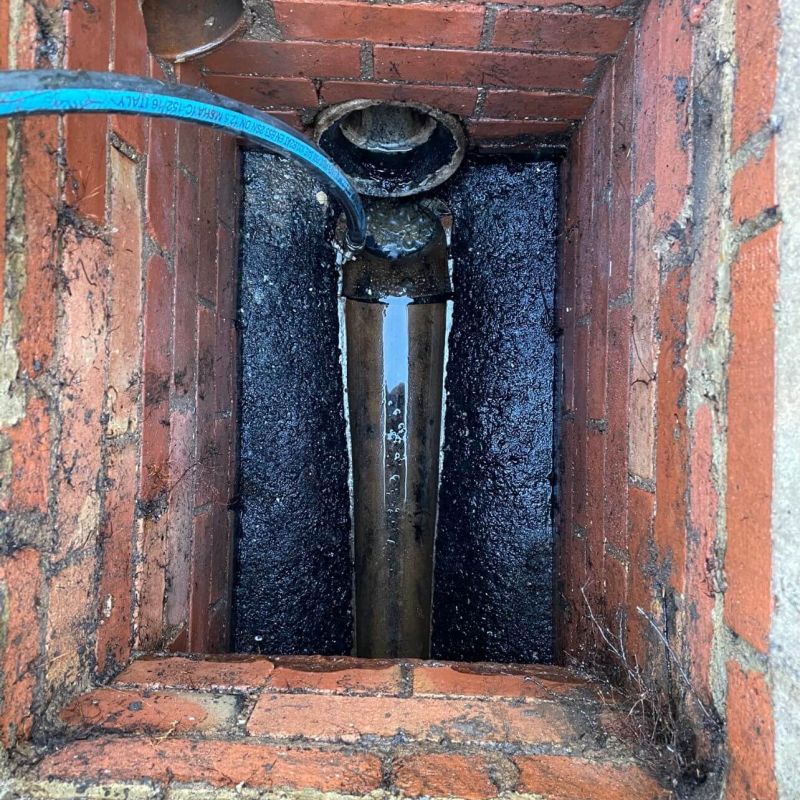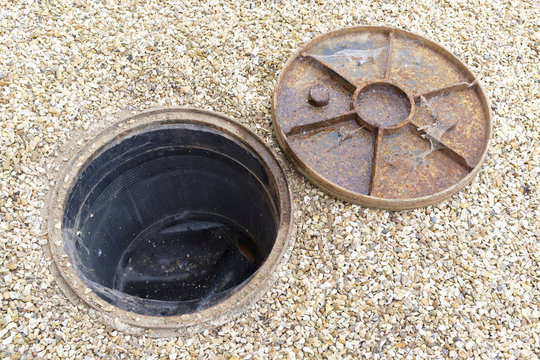Guidelines for Unclogging a Blocked Drain Prior to Reaching out to Expert Help
Guidelines for Unclogging a Blocked Drain Prior to Reaching out to Expert Help
Blog Article
They are making a few good pointers relating to Some easy tips to fix blocked drains in general in the content in the next paragraphs.

Intro
Managing an obstructed drainpipe can be a frustrating experience, disrupting day-to-day tasks and possibly triggering damage to your property. However, prior to connecting to plumbing specialists, there are actions you can take to address the concern yourself. In this guide, we'll discover DIY solutions and safety nets to tackle an obstructed drain effectively.
Identifying the Concern
The primary step in resolving an obstructed drainpipe is acknowledging the indicators. Sluggish drain, gurgling audios, foul odors rising from drains pipes, or water support up prevail indicators of an obstructed drain. Identifying these indications early can aid avoid further issues.
Choosing the Right Pipes Solution
When choosing a plumbing service, take into consideration variables such as experience, licensing, and client testimonials. Pick a reliable plumbing technician with a record of top quality craftsmanship and transparent pricing practices.
Cost Factors to consider
The cost of specialist drainpipe cleaning services can differ relying on the seriousness of the blockage and the plumbing's rates. Request quotes from multiple carriers and inquire about any kind of service charges to guarantee transparency and prevent surprises.
Security Measures
When trying DIY drainpipe cleansing, prioritize security. Use safety handwear covers and eyeglasses to stay clear of contact with harmful chemicals or germs. Never ever mix various drainpipe cleaning items, as this can produce hazardous fumes.
Situation Studies
Real-life instances illustrate the effectiveness of DIY options and the value of prompt specialist intervention in resolving drainpipe obstructions.
Common Root Causes Of Blocked Drainpipes
Recognizing the elements that contribute to drain clogs is essential for efficient resolution. Usual offenders include hair, soap residue, grease, food particles, and foreign items like hygienic items or paper towels. Tree origins getting into below ground pipes can also create considerable clogs.
DIY Solutions
For minor obstructions, a number of do it yourself remedies can be effective. Pouring boiling water down the drainpipe can aid dissolve grease and particles. Sodium bicarbonate and vinegar or a combination of salt and cooking soda can work as natural cleaners. Utilizing a plunger or plumbing serpent to dislodge obstructions is an additional option.
Devices and Equipment
Having the right devices accessible can make do it yourself drain cleansing much more effective. A plunger is a versatile device for getting rid of clogs in sinks, toilets, and showers. A pipes snake or auger can get to deeper clogs, while drain cleansing chemicals can be made use of meticulously for persistent obstructions.
Safety nets
To stay clear of future blockages, embracing safety nets is critical. Install drain guards or strainers to catch hair and particles prior to they get in the pipelines. On a regular basis flush drains pipes with hot water to liquify grease build-up, and stay clear of dealing with grease or solid waste away.
When to Call a Specialist
While DIY options can resolve small obstructions, particular signs indicate the requirement for professional help. Relentless obstructions, foul odors despite cleaning efforts, or multiple drains supporting concurrently are red flags that require skilled intervention.
Final thought
By adhering to the suggestions detailed in this guide, you can effectively tackle blocked drains pipes and prevent future plumbing issues. Whether choosing do it yourself services or seeking professional help, prompt activity is key to preserving a healthy pipes system and preserving the stability of your home.
How to Clear a Clogged Drain Yourself (And When to Call In the Professionals)
What Can Clog a Drain
Dirt Skin flakes Hair Grease Soap scum Food Offset pipes Tree roots Small objects Mineral buildup DIY Tricks to Unclog a Drain
You can fix this! Once you have identified the source of the clog (or have a vague idea), you can try one or a combination of these fixes in order to clear your plumbing.
Wire Hanger or Snake
Untangle and clear out hair from a drainpipe with a homemade snake. Use a straightened-out wire hanger with a 90-degree angle hook to locate the clog and drag out any unwanted material.
Remember not to push the clog further down to where the wire hanger cannot reach! If you need to follow up with a plunger, give it a try. Your efforts might be more successful after it’s been wire-snaked.
If you want to get fancy and don’t have a wire hanger to spare, head to the store and pick up a hand-operated drain snake. You can get one for $10-$30. It may save you the hassle, and provide additional length to reach deep into the clogged pipe.
Plunger
A cup plunger has a suction cup attached to a wooden handle. The rubber creates a seal around the drain, and increases the pressure force of the plunger.
Plunge for 30-second increments to loosen the clog. This may need to be repeated over the course of 15-20 minutes. Once plunged, run the water to flush the remaining material out of the drain.
Remember– never use a plunger if you have used a chemical drain cleaner. These chemicals can splash up from the force of the plunger and cause serious injury or burns.
Boiling Water
Hot water can sometimes break up materials into a flushable amount. Dirt, grease, and soap buildup requires heat in order to unstick from surfaces.
Take your kitchen kettle and heat your water to a boil. Once it reaches a rolling boil, pour it directly down the drain into the blockage. Carefully follow with plunging, if necessary.
Don’t worry if this takes more than one try! It can often take multiple kettles and repeated plunging in order to clear a particularly stubborn clog.
Chemical Drain Cleaner
As a last resort, pick up a bottle of chemical drain cleaner. Drain-cleaning chemicals are potent, and not very good for the environment.
You may need to wear protective eyewear in gloves before handling your bottle of chemical drain cleaner. Follow the instructions printed on the bottle, and flush with water as soon as the instructions allow. Do not follow with plunging.
Baking Soda and Vinegar
As a safer alternative to chemical drain cleaner, baking soda and vinegar can create a chemical reaction that clears tough clogs.
Combine one cup of cleaning vinegar with one cup of boiling water, and set aside. Once you have done this, pour half a cup of baking soda down the drain. Give the baking thirty seconds to settle and cover a large portion of the problem drain.
Following the baking soda, pour down your vinegar and hot water solution. Once the vinegar and baking soda combine, the mixture will bubble and fix. Let this reaction fizzle in the drain for about an hour.
After an hour, follow with a kettle’s worth of hot water. The heat and liquid should flush out any remaining material.
When to Call a Plumber
If your DIY attempts haven’t cleared your clog drain, it’s time to call in a professional. It’s not worth losing access to your kitchen sink or high-traffic bathroom. A clog in a vital area can keep you from the things you’d rather be doing, and derail your routine.
Anytime a clog is causing water to spread is a time to call in a plumbing service. What starts out as a little bit of water can quickly grow into serious, expensive water damage.
Additionally, a serious clog can result in burst pipes or serious leaks. Make sure you know when to take it seriously!
https://myguysnow.com/how-to-clear-a-clogged-drain-yourself-and-when-to-call-in-the-professionals/

I hope you enjoyed reading our excerpt about Tips for Dealing with Clogged Drains and Sewer Lines. Thanks a lot for finding the time to browse our article post. Make sure you take the time to share this content if you enjoyed it. Thank you for taking the time to read it.
Book Now Report this page